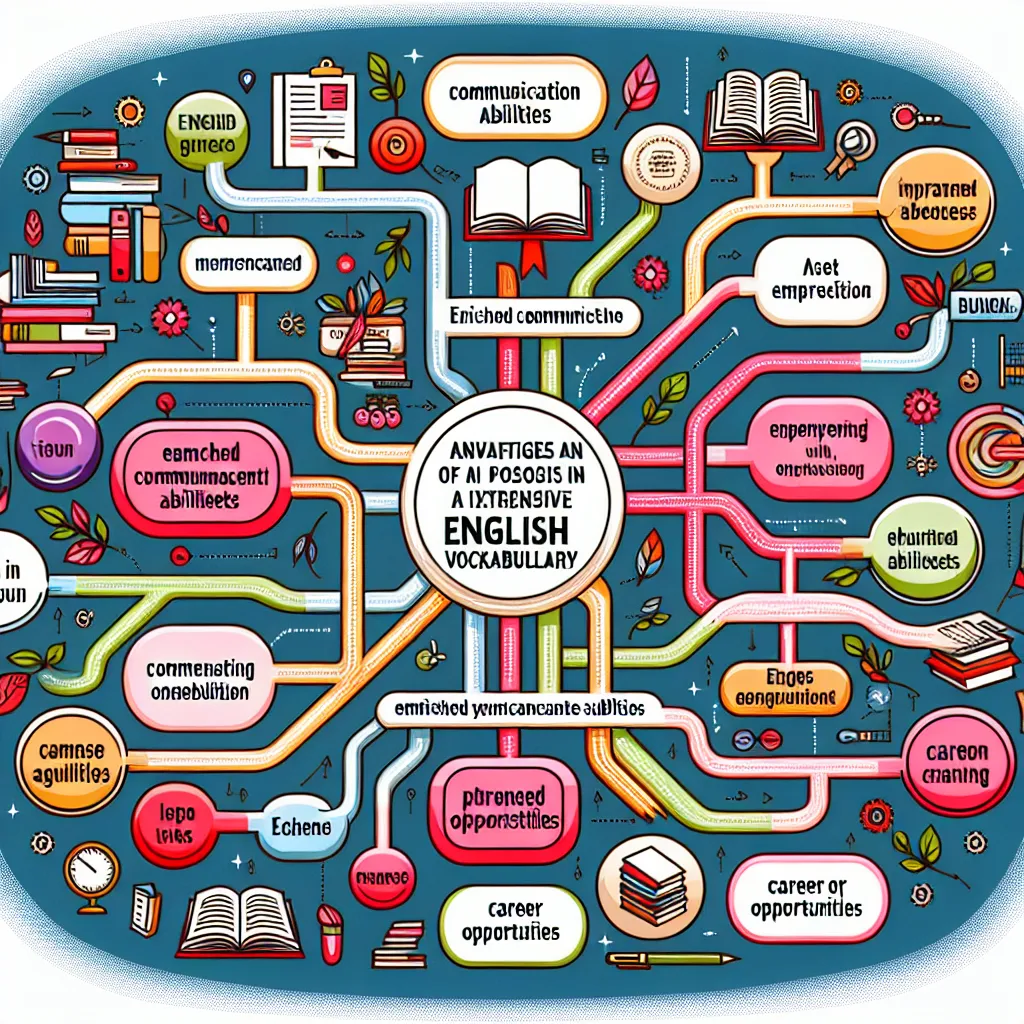Learning English on your own can be a challenging yet rewarding experience. Whether you’re a beginner or looking to improve your existing skills, this guide will provide you with effective strategies and resources to help you master the English language independently.
Why Learn English by Yourself?
In today’s globalized world, English has become the lingua franca of business, technology, and international communication. Learning English by yourself offers several advantages:
- Flexibility: You can study at your own pace and schedule.
- Cost-effectiveness: Self-study can be more affordable than formal classes.
- Personalization: You can focus on areas that are most relevant to your goals.
- Continuous improvement: Self-learning develops lifelong learning skills.
 Self-learning English
Self-learning English
Assessing Your Current Level
Before diving into your self-study journey, it’s crucial to assess your current English proficiency. This will help you set realistic goals and choose appropriate learning materials.
Online Placement Tests
Take free online placement tests to determine your level:
- Cambridge English Placement Test
- British Council Level Test
- EF Standard English Test (EF SET)
Self-Assessment Questions
Ask yourself these questions:
- Can you introduce yourself and have a basic conversation in English?
- Are you able to read and understand simple English texts?
- Can you write short paragraphs on familiar topics?
- How well do you understand spoken English in movies or podcasts?
Based on your answers, you can identify your strengths and areas for improvement.
Setting Clear Goals
Establishing clear, achievable goals is essential for successful self-study. Use the SMART criteria to set your objectives:
- Specific: “I want to improve my business English vocabulary.”
- Measurable: “I aim to learn 50 new words per week.”
- Achievable: Ensure your goals are realistic given your current level and available time.
- Relevant: Align your goals with your personal or professional needs.
- Time-bound: “I want to reach B2 level in 6 months.”
Write down your goals and keep them visible as a constant reminder and motivation.
Creating a Study Plan
A well-structured study plan is crucial for consistent progress. Here’s how to create an effective plan:
- Dedicate specific time slots for English study (e.g., 1 hour every weekday evening).
- Balance different language skills: reading, writing, listening, and speaking.
- Include a variety of activities to keep learning engaging.
- Set weekly and monthly targets.
- Schedule regular review sessions to reinforce what you’ve learned.
Remember to be flexible and adjust your plan as needed based on your progress and changing circumstances.
Essential Resources for Self-Study
Online Courses and Platforms
- Duolingo: Great for beginners, offers gamified learning experience.
- Coursera: Provides university-level English courses.
- edX: Offers free courses from top institutions worldwide.
- BBC Learning English: Comprehensive resources for all levels.
Language Learning Apps
- Babbel: Focuses on practical conversation skills.
- Busuu: Offers peer-to-peer language exchange.
- Memrise: Uses spaced repetition for vocabulary acquisition.
- HelloTalk: Connects you with native speakers for language exchange.
Textbooks and Workbooks
- “English Grammar in Use” by Raymond Murphy
- “Practical English Usage” by Michael Swan
- “New Headway” series for comprehensive skill development
- “Vocabulary in Use” series for expanding your word bank
Authentic Materials
- News websites: BBC, CNN, The Guardian
- Podcasts: “6 Minute English” (BBC), “All Ears English”
- YouTube channels: engVid, Rachel’s English, TED-Ed
- English literature: Graded readers for your level
 English Learning Resources
English Learning Resources
Effective Learning Strategies
Immersion Techniques
- Change your device language settings to English.
- Watch English movies and TV shows with subtitles.
- Listen to English music and try to understand the lyrics.
- Read English books, magazines, or blogs daily.
Active Learning Methods
- Keep a vocabulary journal and review regularly.
- Practice speaking by recording yourself and analyzing your pronunciation.
- Write a daily journal in English to improve writing skills.
- Use mnemonic devices to remember new words and phrases.
Spaced Repetition
Use spaced repetition techniques to review and reinforce what you’ve learned:
- Review new vocabulary after 1 day, 1 week, and 1 month.
- Use flashcard apps like Anki or Quizlet for efficient review.
- Regularly revisit grammar points you’ve studied.
Improving Specific Language Skills
Reading
- Start with graded readers appropriate for your level.
- Use the “extensive reading” approach: read a lot of easy material for pleasure.
- Practice skimming and scanning techniques with news articles.
- Join online book clubs for English learners.
Writing
- Start a blog in English about your learning journey or interests.
- Practice writing emails, reports, or essays depending on your goals.
- Use grammar checkers like Grammarly to identify and learn from mistakes.
- Find a writing partner or join online writing forums for feedback.
Listening
- Listen to English podcasts daily, starting with those designed for learners.
- Watch YouTube videos on topics that interest you with subtitles.
- Practice dictation exercises to improve your listening accuracy.
- Use apps like LyricsTraining to practice with music.
Speaking
- Talk to yourself in English (describe your day, explain a concept).
- Use language exchange apps to practice with native speakers.
- Record yourself speaking and analyze your pronunciation and fluency.
- Join online English conversation groups or clubs.
Overcoming Common Challenges
Staying Motivated
- Celebrate small victories and track your progress.
- Join online English learning communities for support and motivation.
- Set rewards for achieving your study goals.
- Remind yourself of the benefits of learning English.
Dealing with Plateaus
- Try new learning methods or resources to shake things up.
- Focus on a specific area of improvement for a set period.
- Take a short break and return with renewed energy.
- Seek feedback from native speakers or teachers to identify areas for growth.
Managing Time
- Use time management techniques like the Pomodoro method.
- Integrate English learning into your daily routine (e.g., listening to podcasts during commutes).
- Prioritize your English study and eliminate non-essential activities.
- Use “dead time” productively (e.g., reviewing flashcards while waiting in line).
Measuring Your Progress
Regularly assessing your progress is crucial for staying on track and maintaining motivation:
- Take periodic online level tests to gauge improvement.
- Keep a learning journal to reflect on your progress and challenges.
- Record yourself speaking at regular intervals and compare over time.
- Set specific tasks (e.g., reading a novel, writing an essay) and evaluate your performance.
Next Steps and Advanced Strategies
As you progress in your English learning journey, consider these advanced strategies:
- Prepare for and take internationally recognized English proficiency tests (IELTS, TOEFL, Cambridge exams).
- Attend English language meetups or conversation clubs in your area.
- Consider online one-on-one tutoring for personalized feedback and practice.
- Explore specialized English courses (Business English, Academic English) based on your goals.
 Advanced English Learning
Advanced English Learning
Conclusion
Learning English by yourself is a rewarding journey that requires dedication, consistency, and the right strategies. By following this comprehensive guide, you’ll be well-equipped to improve your English skills independently. Remember, language learning is a marathon, not a sprint. Stay patient, remain consistent, and celebrate your progress along the way. With persistence and the right approach, you can achieve fluency and open up a world of opportunities.
Start your self-study journey today, and don’t hesitate to share your experiences or ask questions in the comments below. Happy learning!




